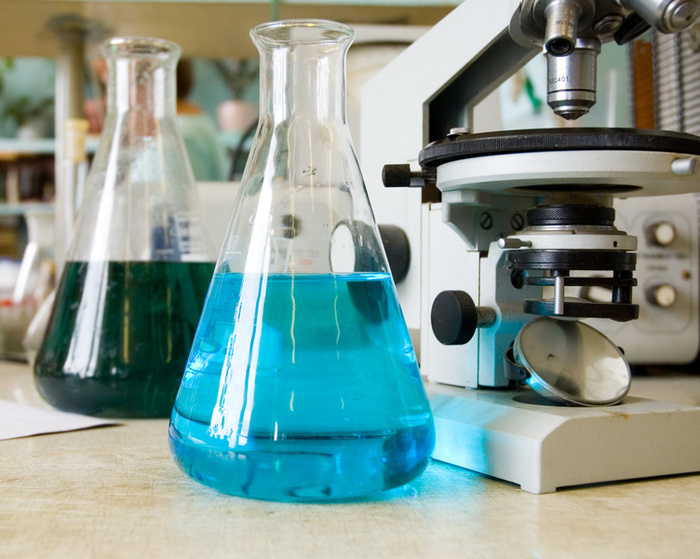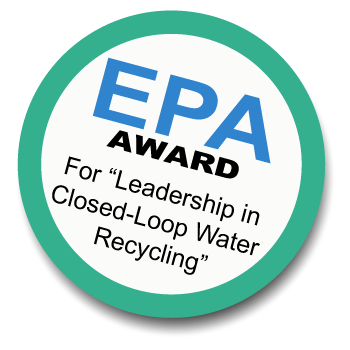Exhausted Media Toxicity Testing (TCLP)

Some industrial manufacturing operations utilize closed-loop deionized (DI) water systems. During this process adsorbent media, such as activated carbon and ion exchange resin is used, becomes exhausted and becomes solid waste. Per the Federal Code of Regulations 40 CFR, it is the manufacturer’s or generator’s responsibility to characterize and determine whether this waste exhibits any characteristics of hazardous waste. Separation Technologists can assist in classifying solid waste.
There are several steps in the solid waste classification process. A solid waste, as defined by the Federal Code of Regulations 40 CFR, Subpart C, Section 261.20, is a hazardous waste if it exhibits any of the characteristics of ignitability, corrosivity, reactivity or toxicity. In most DI water processes, the solid waste is not ignitable, corrosive or reactive, but may exhibit toxicity. Typically, a Toxicity Characteristic Leaching Procedure (TCLP) is conducted on the solid waste. Separation Technologists can prepare a customer’s samples and make all the arrangements with a certified laboratory to have all required TCLP tests conducted. Separation Technologists’ procedures ensure uniformity of the samples and exceed all EPA requirements.
A solid waste exhibits the characteristic of toxicity if it contains an elevated level of a toxicity contaminant. The toxicity contaminants for heavy metals include:
Arsenic, Barium, Cadmium, Chromium, Lead, Mercury, Selenium and Silver
If you know that your waste contains toxicity contaminants, or are uncertain, the test method to use is the Toxicity Characteristic Leaching Procedure (TCLP: EPA Test Method SW-846). The TCLP test method has six steps:
- Separate the liquid and solid portions of the waste (as needed).
- Thoroughly mix the waste sample.
- Place the mixed sample in a system that simulates the conditions of a landfill by filtering a large quantity of water through it.
- Collect the leachate from the system.
- Recombine the separated liquid portion of the waste (if any) with the collected leachate.
- Analyze the leachate for constituents of concern.
Call us today at 603-685-4108 and speak with our applications engineer to learn more.

